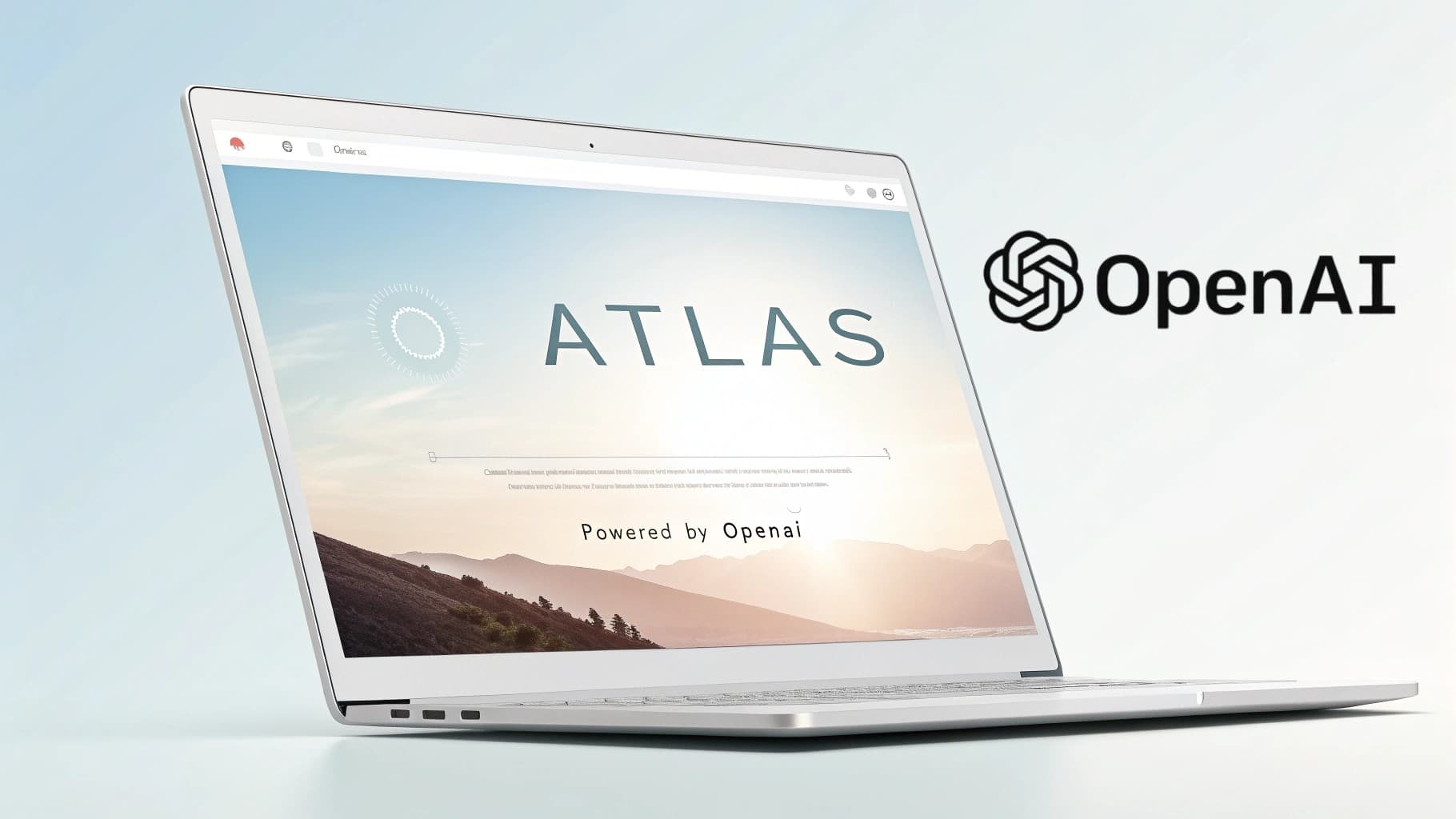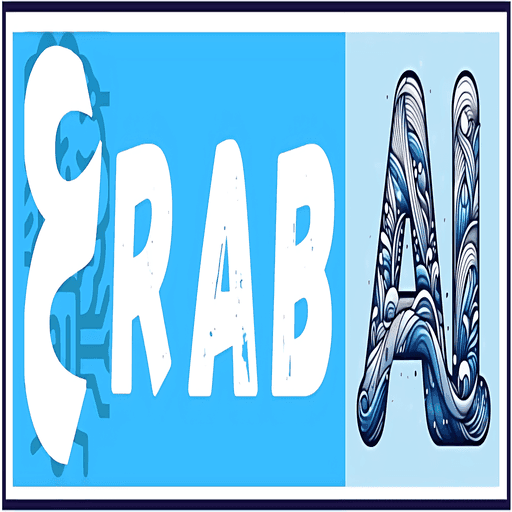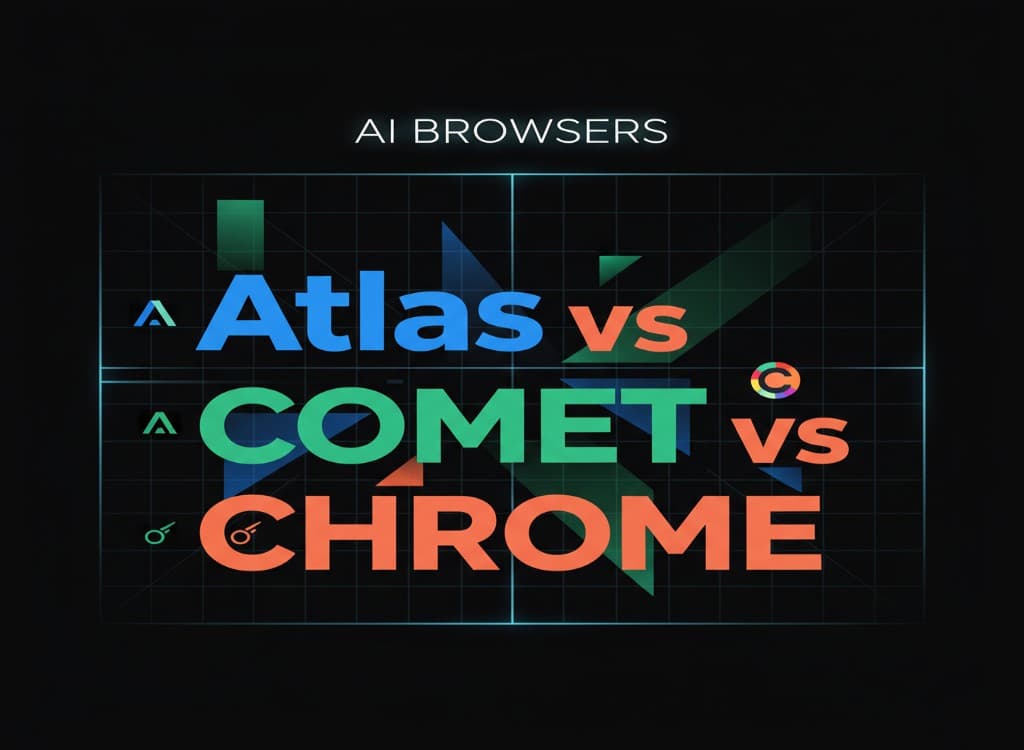
OpenAI Launches Atlas Browser to Take On Google
OpenAI has officially unveiled ChatGPT Atlas, a new AI-powered web browser.
The announcement, made via a live stream, is more than just a product launch; it’s a direct challenge to Google’s long-standing dominance in the web browsing and search markets.
Sam Altman, CEO of OpenAI, set a bold vision for the project, stating, “We think AI represents a rare, once-in-a-decade opportunity to rethink what a browser can be.”
With these words, Altman framed Atlas not as an incremental update but as a fundamental shift-moving the internet from the traditional search bar to a fully interactive, conversational experience with AI at its core.
A New Browsing Experience with ChatGPT at its Heart
Initially available on macOS, with Windows and mobile versions “coming soon,” Atlas is built around a deep integration with ChatGPT. When a user clicks a link, the browser defaults to a split-screen view, displaying the webpage alongside the ChatGPT conversation.
The goal, according to the team, is to keep the AI assistant as a constant companion for the user.
A key highlight is the introduction of an “agent mode,” an exclusive feature for paid ChatGPT subscribers.
This transforms the browser into a proactive personal assistant capable of executing tasks on your behalf, such as booking flights or editing documents in real-time.
The team also confirmed that Atlas features a “memory” system to personalize the user experience, with full user control over what it remembers.
A Direct Threat to Google’s Business Model
The launch of Atlas poses a multi-faceted threat to Google. On one hand, every user who switches to Atlas is a potential loss for Chrome, limiting Google’s ability to gather data and target advertisements effectively.
On the other hand, Atlas introduces a fundamentally different search paradigm. Instead of a static list of blue links, it offers a continuous, conversational experience.
Ben Goodger, a lead engineer on the project who previously helped develop both Firefox and Chrome, described this as a “paradigm shift” in search.
While Google has been integrating its Gemini AI into Chrome, OpenAI’s approach appears more radical and deeply integrated.
The Heated Race for the AI Browser
OpenAI is not alone in this new arena. In recent months, the battle for the next-generation browser has intensified, with competitors like Perplexity launching its own AI-native browser, Comet.
This growing momentum confirms that a new frontier has opened in tech, as companies race to seamlessly integrate AI into our daily digital lives.
While the browser’s ultimate success remains to be seen, OpenAI has drawn a clear line in the sand.
With a focused commercial strategy aimed at user growth and innovation, Atlas may be the first major step in answering the billion-dollar question of how to monetize the AI revolution and redefine the internet as we know it.




